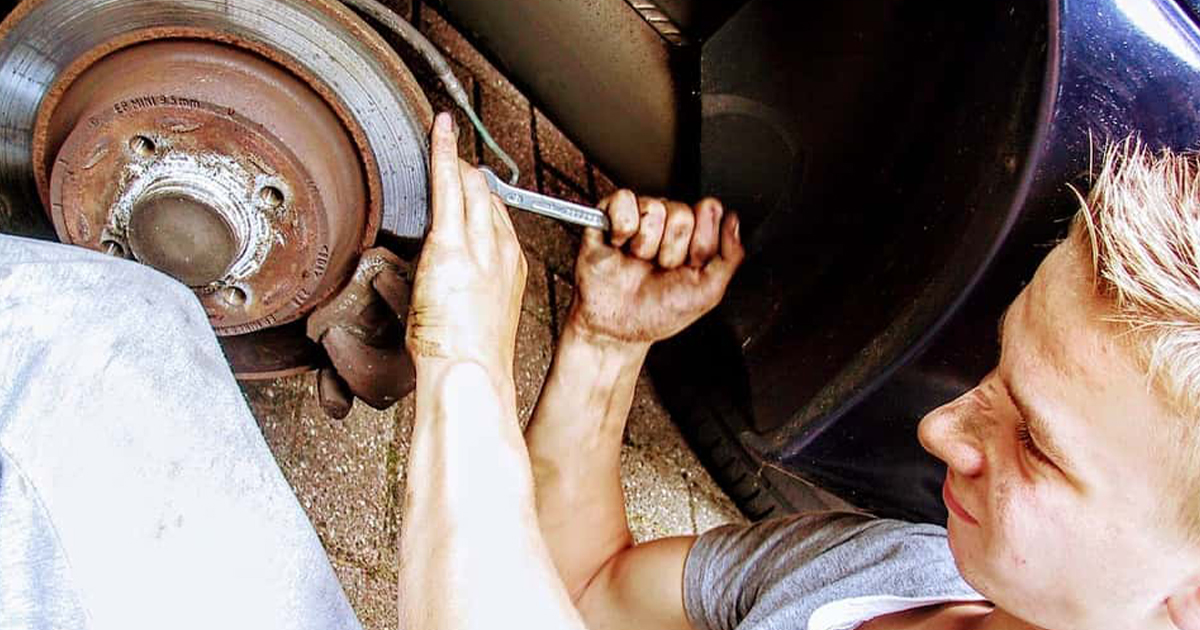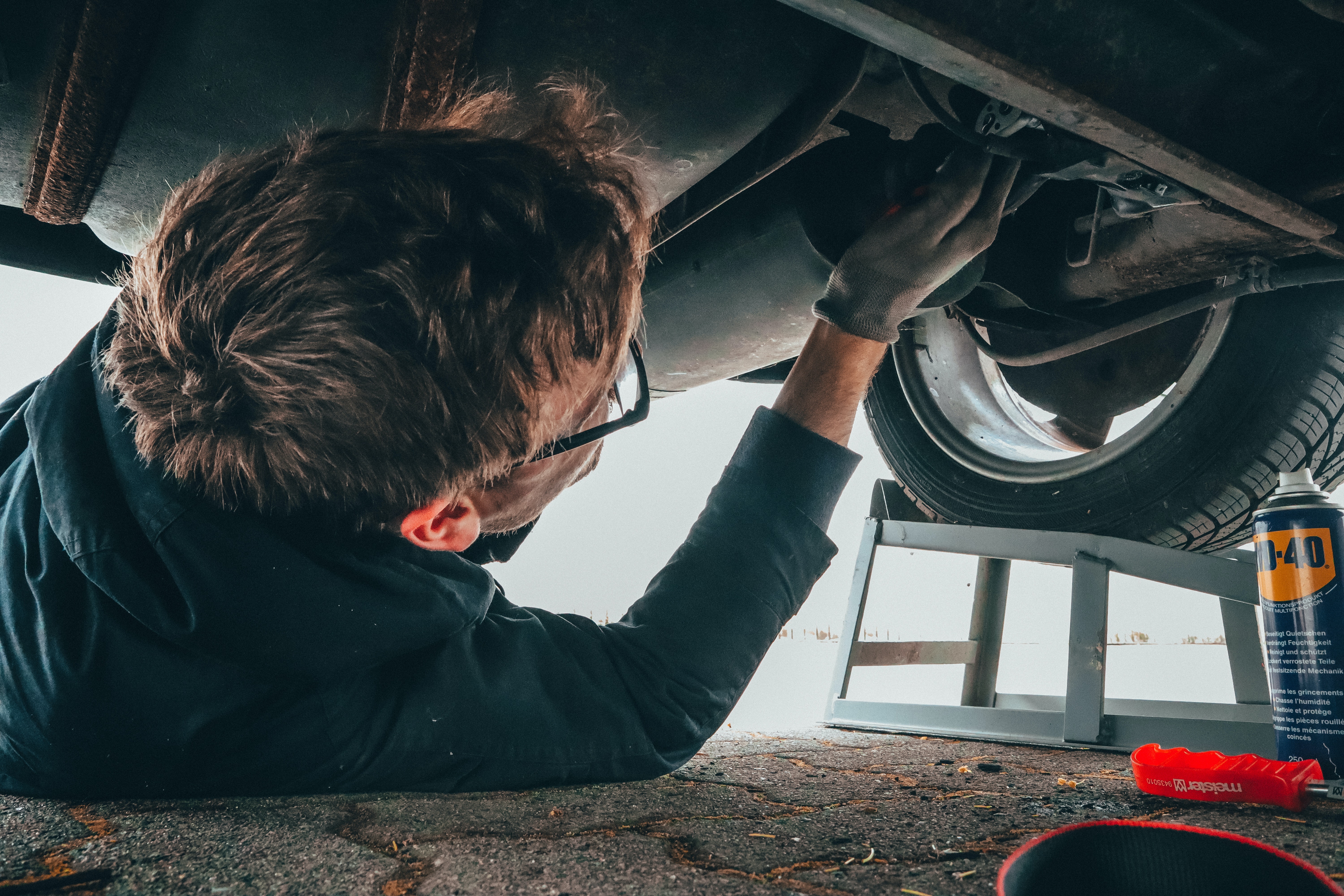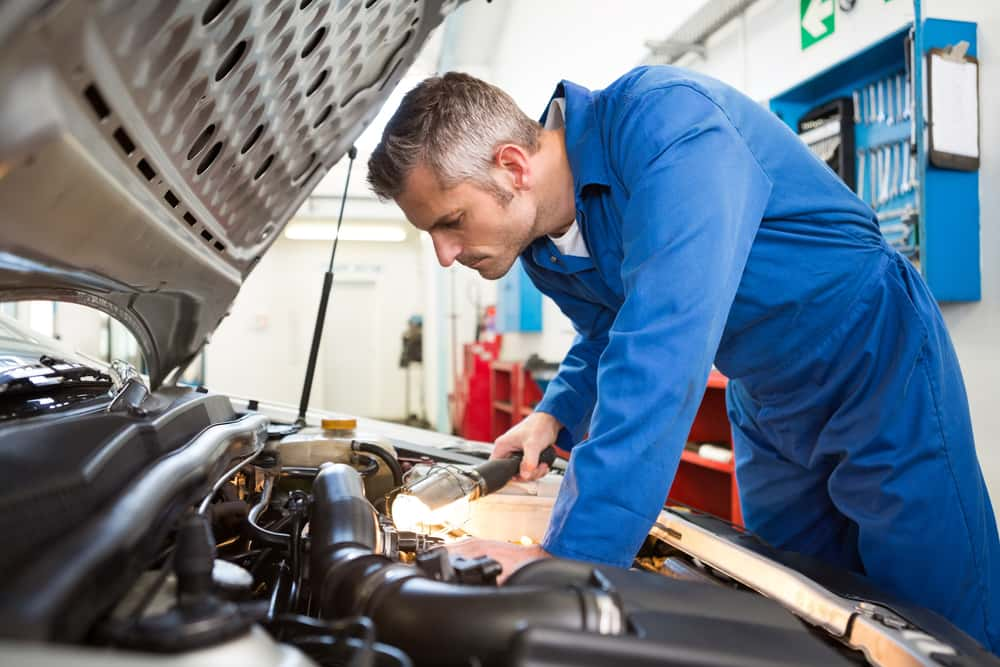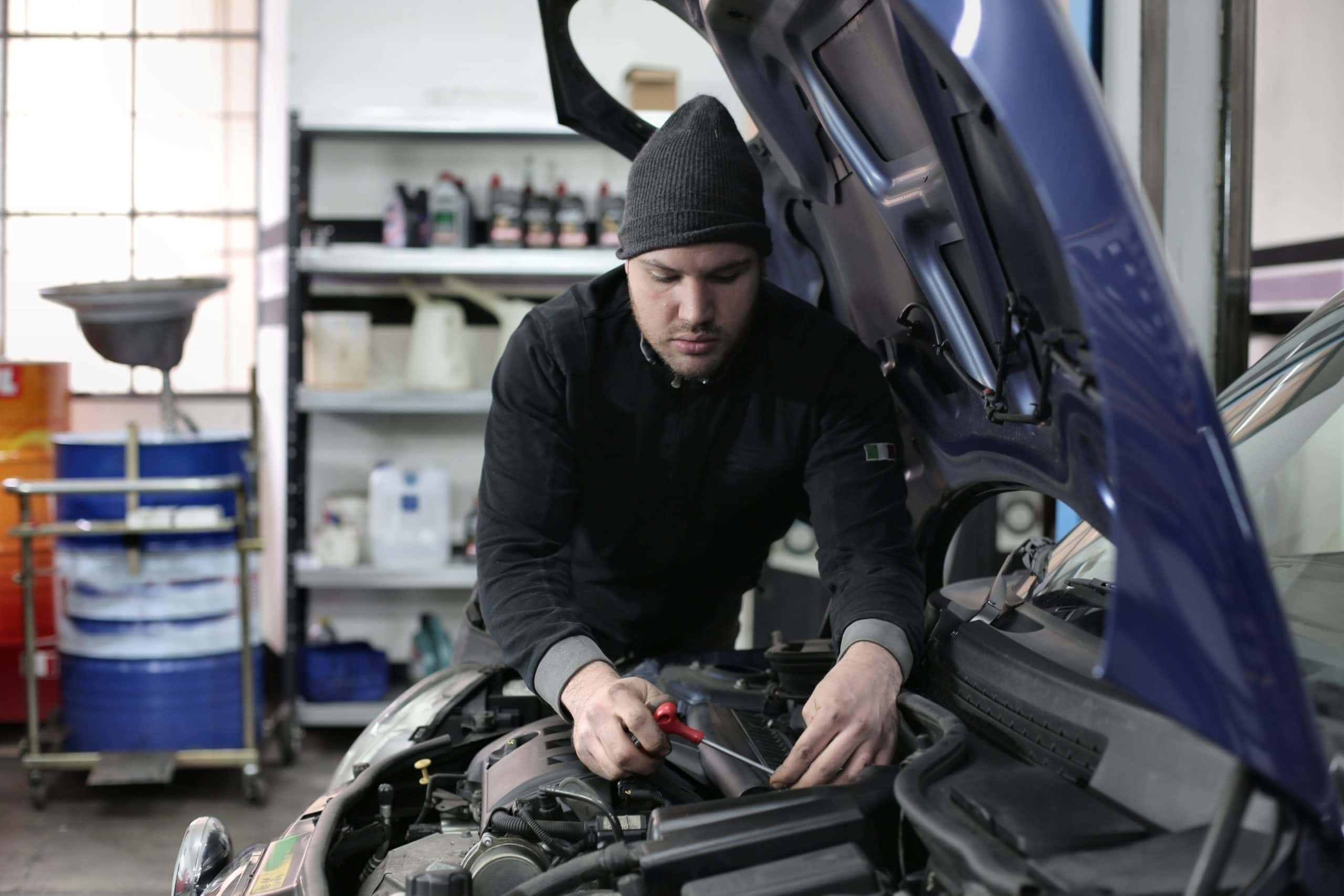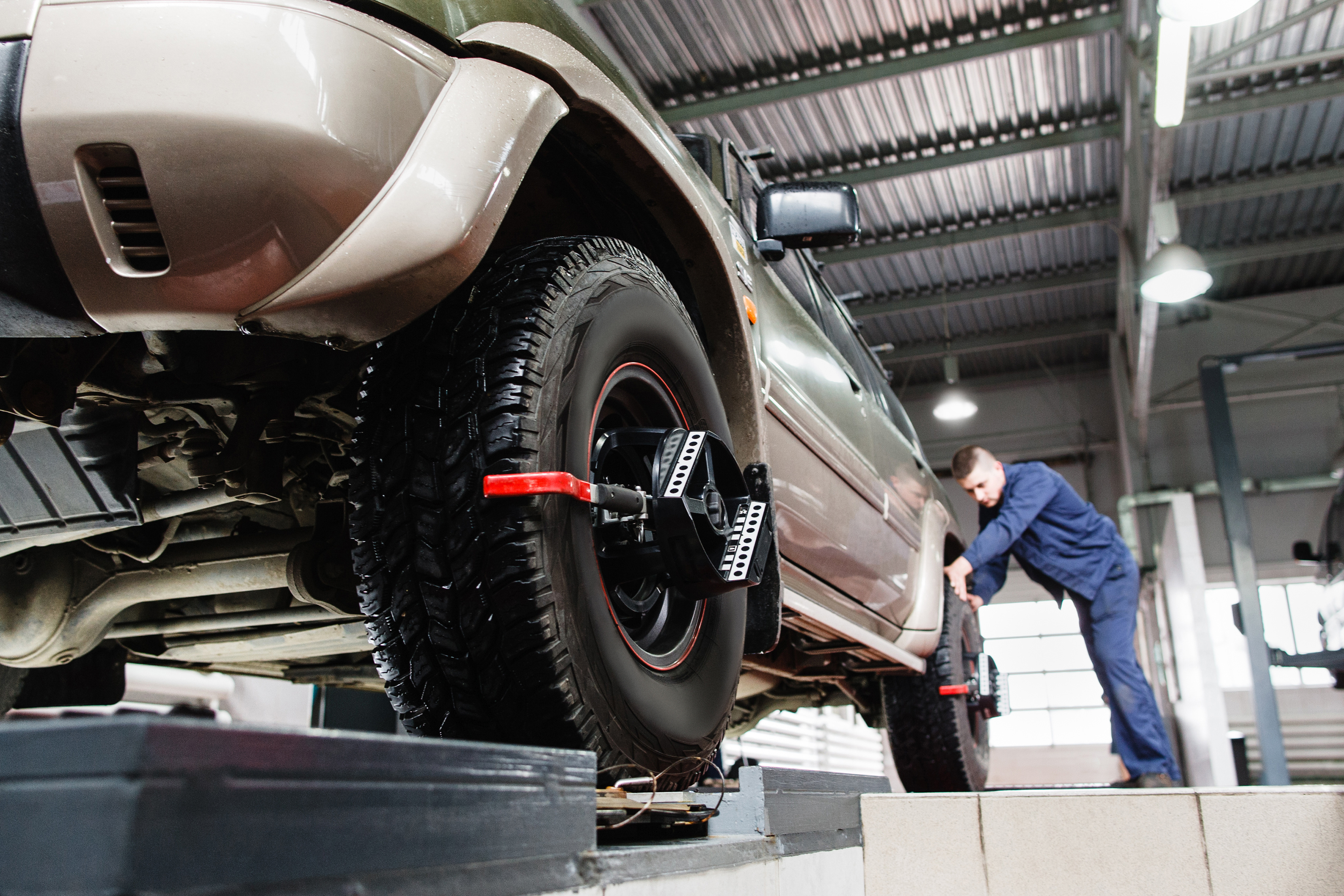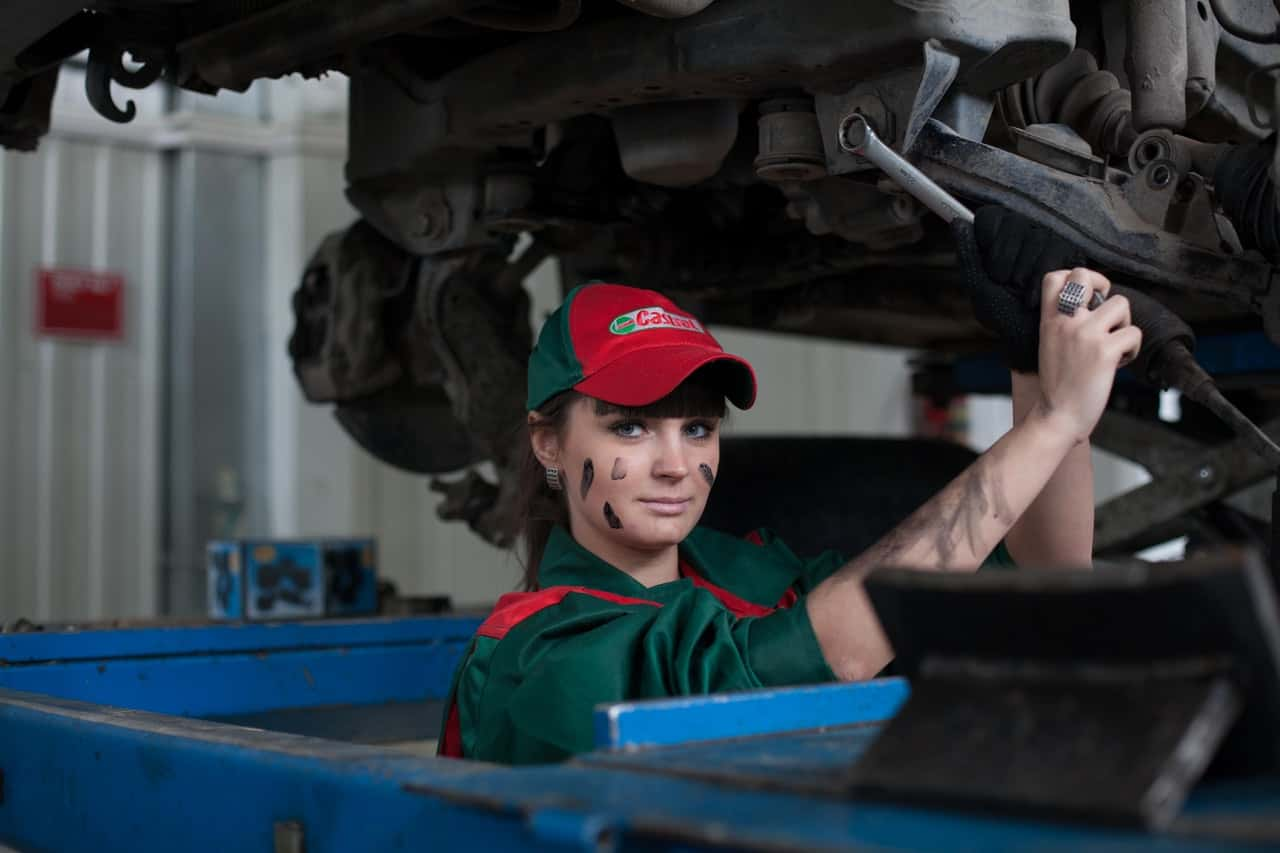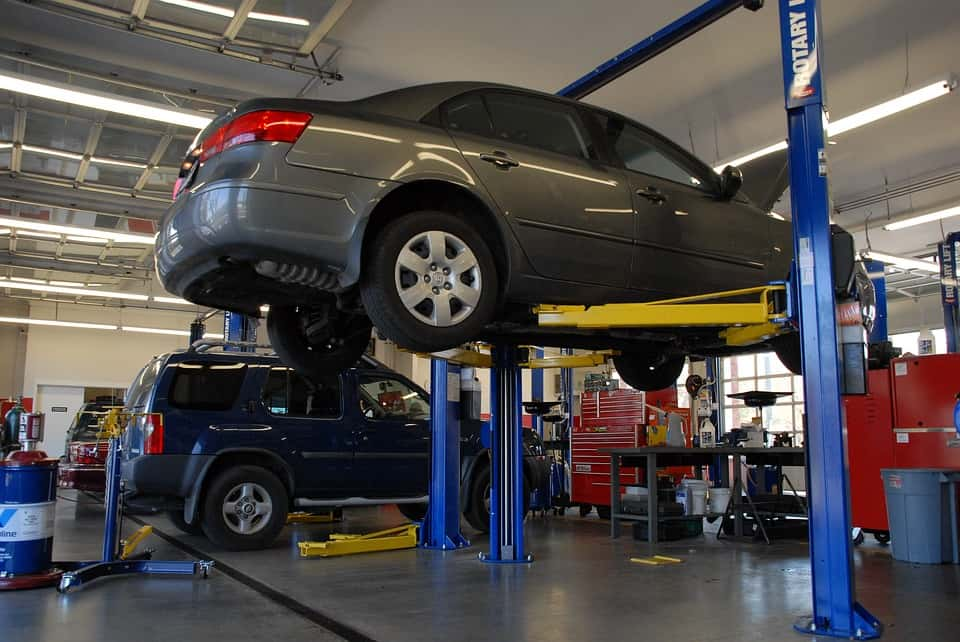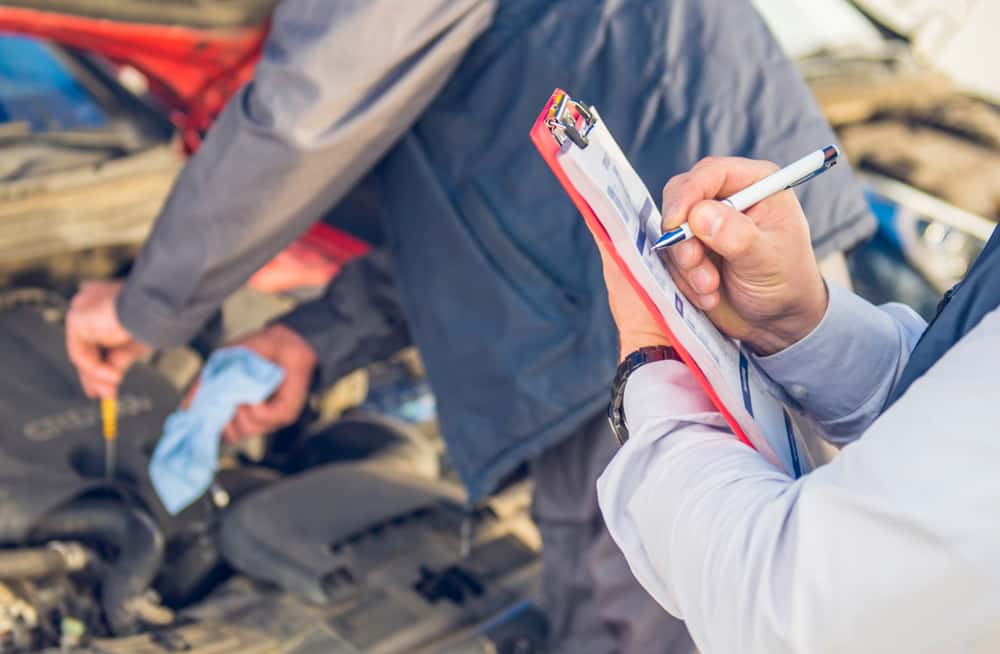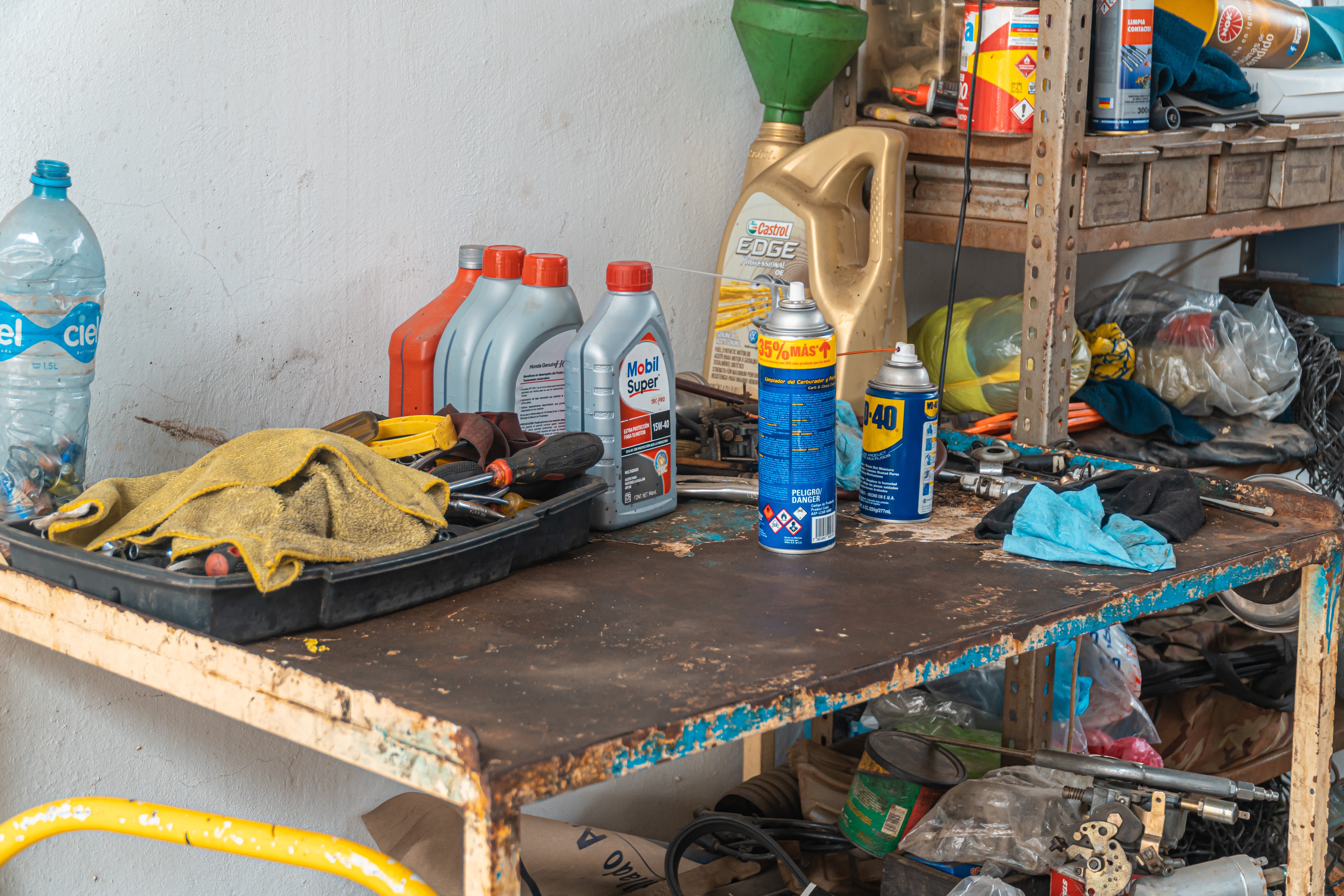Unnecessary Vehicle Maintenance Repairs
Maintaining your vehicle is important, but sometimes, goodhearted advice can lead you down a path of unnecessary services and costly repairs.
In this article, we'll explore some common vehicle maintenance services that people are often convinced they need but may not. We'll break down what these services are, their average costs, and why they may not be as necessary as you think.
Engine Flush
What it is: An engine flush involves cleaning out the engine's oil passages and removing sludge and debris.
Average Cost: $100-$150
Why it's often unnecessary: If you do regular oil changes and use high-quality oil, an engine flush is generally unnecessary. Modern oils contain detergents that help prevent sludge buildup.
Save your money and stick to routine oil changes.
Fuel System Cleaning
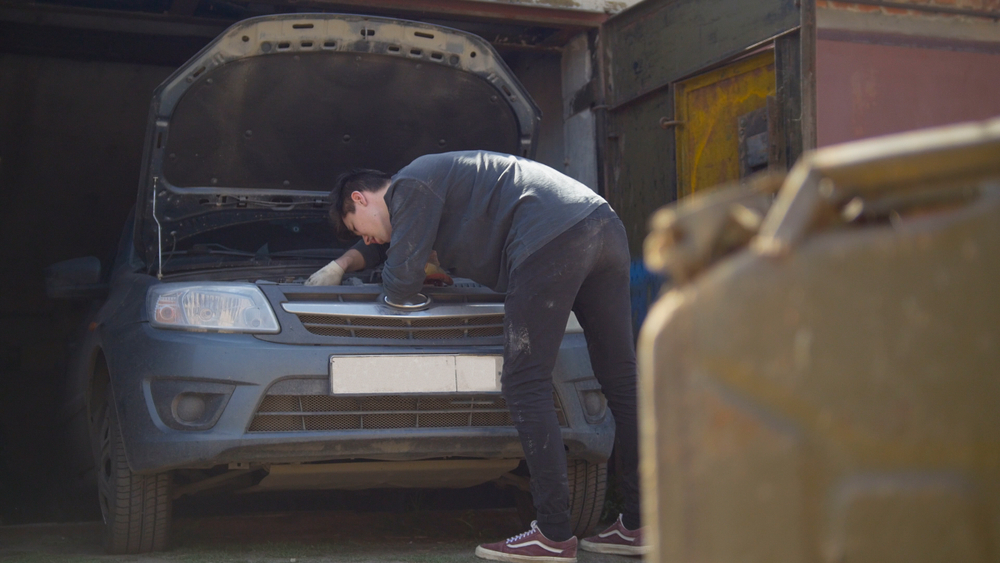 KONSTANTIN_SHISHKIN, Shutterstock
KONSTANTIN_SHISHKIN, Shutterstock
What it is: Fuel system cleaning uses chemicals to remove carbon deposits from fuel injectors and intake valves.
Average Cost: $100-$150
Why it's often unnecessary: Using high-quality gas and following a regular maintenance schedule can keep your fuel system clean. Carbon buildup is less common in newer vehicles, making this service often unnecessary.
Transmission Flush
What it is: A transmission flush replaces all the transmission fluid with new fluid.
Average Cost: $125-$250
Why it's often unnecessary: Many car manufacturers recommend changing transmission fluid once you reach a certain mileage. However, a full flush can be excessive and costly.
A simple fluid change may be enough, and over-flushing can lead to problems.
Brake Fluid Flush
What it is: Brake fluid flushes replace old brake fluid with fresh fluid.
Average Cost: $70-$150
Why it's often unnecessary: While brake fluid does deteriorate over time, it usually doesn't need to be flushed as often as some suggest.
Follow your vehicle's maintenance schedule, and only flush if recommended.
Alignment Check with Tire Replacement
What it is: A procedure that gets your vehicle’s suspension back into proper form.
Some shops recommend a wheel alignment whenever you replace your tires.
Average Cost: $80-$100
Why it's often unnecessary: Modern tires are often designed for improved alignment tolerance. Unless your vehicle shows signs of alignment issues—like pulling to one side, or squealing sounds—you can typically skip this step when replacing tires.
Serpentine Belt Replacement
What it is: Replacing the serpentine belt, which powers multiple accessories in your engine.
Average Cost: $75-$200
Why it's often unnecessary: Serpentine belts are fairly durable and don't need to be replaced too often.
Follow your manufacturer's recommendations, and only replace when you notice signs of wear or damage.
Coolant Flush
What it is: A coolant flush replaces old engine coolant with fresh fluid.
Average Cost: $100-$150
Why it's often unnecessary: Coolant lasts a long time, and many vehicles come with extended-life coolant. Unless your coolant shows signs of contamination or deteriorating, a flush may not be required.
Power Steering Flush
What it is: Power steering flushes replace old fluid with new fluid. This is done to maintain steering performance.
Average Cost: $100-$150
Why it's often unnecessary: Power steering fluid doesn't usually need flushing often.
Stick to your vehicle's maintenance schedule, and only flush if recommended.
Air Filter Replacement
What it is: Replacing the engine air filter.
Average Cost: $20-$50
Why it's often unnecessary: A dirty air filter can affect how your engine performs, but they usually don’t need to be replaced as often as some may think.
Inspect it regularly and replace when it actually looks dirty.
Synthetic Oil for Older Cars
What it is: Some shops recommend switching to synthetic oil in older vehicles.
Average Cost: $60-$100 (higher than conventional oil)
Why it's often unnecessary: Synthetic oil may have its benefits, but older vehicles are usually designed for conventional oil and can continue using it with no issues.
Consult your owner's manual for guidance.
Final Thoughts
Vehicle maintenance is crucial, there is no denying that. But, in today’s world, it is also important to avoid unnecessary expenses.
By understanding which services are needed, and when they can be skipped, you can save money and keep your vehicle running smoothly.

